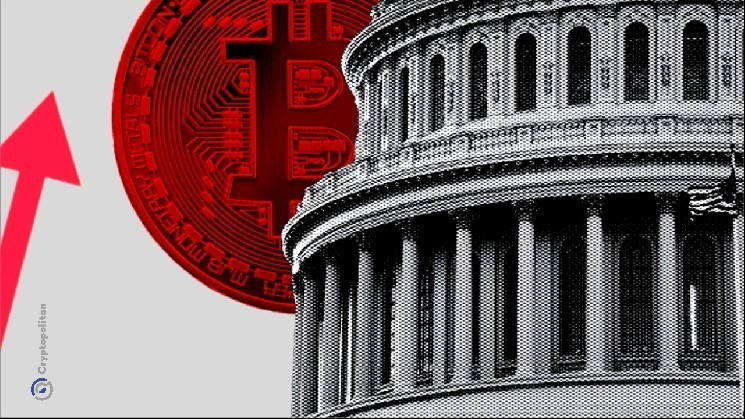The United States Senate faced a setback on May 8 when they failed to advance the GENIUS Act, a crucial piece of legislation that aimed to establish clear regulations for stablecoins. The bipartisan bill was seen as a significant step towards solidifying the U.S.’s position in the realm of digital asset regulation.
During the vote, only 49 senators supported moving the bill forward, falling short of the 60 votes required to proceed. Surprisingly, two Republican senators, namely Senator Josh Hawley and Senator Rand Paul, joined forces with Democrats in opposing the advancement of the bill.
The Democrats’ sudden withdrawal of support for the GENIUS Act came after reports surfaced linking President Donald Trump to a new cryptocurrency project. Allegations suggested that a company associated with Trump’s family, World Liberty Financial, had introduced a stablecoin named USD1 and secured a substantial $2 billion investment from the United Arab Emirates.
This development raised concerns among Democrats, who accused Trump of using his influence to benefit financially. Senator Elizabeth Warren, a prominent figure on the Senate Banking Committee, criticized the lack of safeguards in the GENIUS Act against money laundering, foreign interference, and conflicts of interest. She warned against the potential for “crypto corruption” and the exploitation of innovative technologies for illicit financial activities.
As a result of these concerns, ten Democratic senators who had previously supported the bill changed their stance, demanding stricter anti-money laundering measures and enhanced national security provisions. When these changes could not be guaranteed, they voted against advancing the bill.
Republicans were quick to point fingers at Democrats for derailing the stablecoin legislation. Senator Tim Scott accused Democrats of allowing their disdain for President Trump to impede progress, labeling it as “Trump Derangement Syndrome.” Pro-crypto Republican Senator Cynthia Lummis expressed disappointment over the outcome, emphasizing the bill’s importance in regulating stablecoins, protecting consumers, and maintaining the U.S.’s competitiveness.
Despite the setback, Senate majority leader John Thune announced plans to reintroduce the bill for reconsideration in the following week. However, the political climate remains uncertain, casting doubt on the bill’s future prospects.
The failure to advance the GENIUS Act signifies a significant roadblock in the establishment of comprehensive cryptocurrency regulations in the U.S. With tensions running high and political divisions deepening, the future of digital asset legislation remains uncertain. The recent events underscore the challenges of navigating the intricate intersection of politics and technology in the evolving landscape of cryptocurrency regulation.

